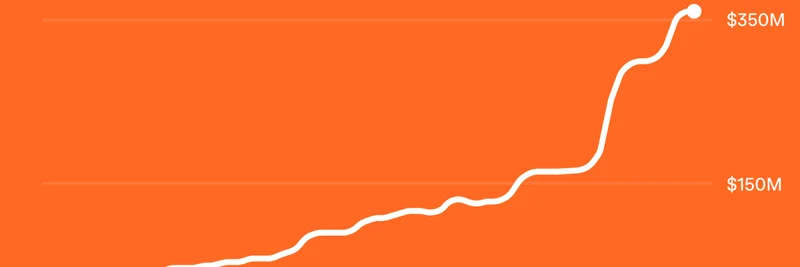In the fast-paced world of decentralized finance (DeFi), big milestones can signal major shifts. Recently, Kolten from Aave Labs shared an exciting update on X: the Horizon RWA market on Aave has crossed $350 million in net deposits in under two months. This isn't just a win for Aave—it's a game-changer for the entire DeFi ecosystem, especially for institutions looking for compliant ways to dive into crypto lending.
What Is the Horizon RWA Market?
If you're new to this, let's break it down. Horizon is a specialized lending market built on the Aave Protocol, specifically designed for real-world assets (RWAs). RWAs are tokenized versions of traditional assets like U.S. Treasury bills, government securities, or even collateralized loan obligations—think of them as bringing "real" world value onto the blockchain.
Launched in August 2025, Horizon allows qualified institutional investors to use these tokenized RWAs as collateral to borrow stablecoins without having to sell their assets. This solves a big problem in traditional finance: capital inefficiency. Instead of assets sitting idle, they can now generate yields in DeFi while staying compliant with regulations.
On the flip side, anyone can supply stablecoins like GHO, RLUSD, or USDC to the market and earn yields. It's non-custodial, meaning users keep control of their assets through smart contracts, and it uses tech like Chainlink's oracles for real-time pricing.
Rapid Growth and Key Milestones
The growth has been nothing short of explosive. Starting from scratch in August, Horizon hit $250 million in net deposits by mid-October, then surged to $300 million shortly after, and now it's at $350 million as of October 24, 2025. This makes it the largest and fastest-growing RWA market in DeFi.
What's driving this? Partnerships with heavy hitters like Circle, Superstate, and Centrifuge. Initial collaterals include:
- Superstate's USTB: Tokenized short-duration U.S. government securities.
- Superstate's USCC: Focused on crypto carry strategies.
- Centrifuge's JRTSY: Tokenized U.S. Treasury bills.
- Centrifuge's JAAA: AAA-rated collateralized loan obligations.
- Circle's USYC: Diversified high-quality short-duration U.S. Treasury bills (coming soon).
These assets are permissioned, meaning issuers handle KYC and whitelisting to ensure only qualified users participate, keeping everything above board.
How Horizon Works: A Simple Breakdown
Here's the straightforward process:
For Borrowers (Institutions): Deposit your RWA tokens into Horizon. You get a non-transferable aToken representing your position. Then, borrow stablecoins up to a certain loan-to-value (LTV) ratio, based on the asset's risk profile.
For Lenders: Supply stablecoins to the pool. Earn yields from borrowers' interest payments. Withdraw anytime with your aTokens.
Risk management is top-notch, with providers like Chaos Labs and Llama Risk ensuring stability. Plus, governance is transparent and on-chain, minimizing any centralized control.
Why This Matters for DeFi and Beyond
Horizon is bridging the gap between traditional finance (TradFi) and DeFi. Institutions have been hesitant to enter crypto due to regulatory hurdles, but with compliant options like this, we're seeing trillions in potential RWAs coming on-chain. For blockchain practitioners, this means more liquidity, better yields, and a more mature ecosystem.
Even in the wild world of meme tokens, this stability could spill over. Imagine meme projects leveraging RWA-backed loans for funding or treasury management—it's all about building a stronger foundation for the next wave of innovation.
As DeFi continues to evolve, keep an eye on Aave's moves. If you're interested in exploring Horizon, head over to the Aave app and see how you can get involved as a lender. What's your take on RWAs reshaping crypto? Drop your thoughts in the comments!



